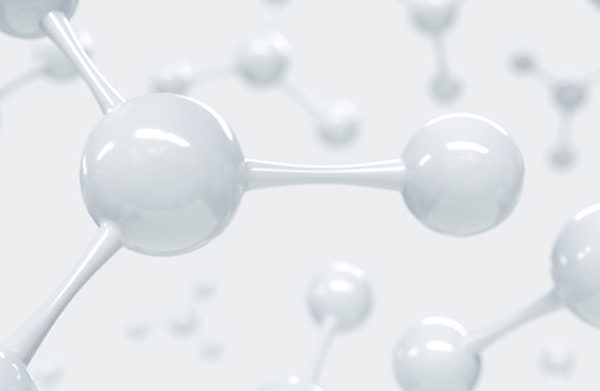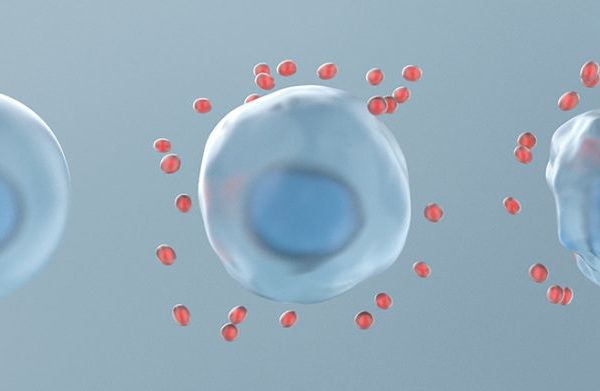
SHA Magazine Health & Beauty
How to calm anxiety rapidly?
You know how it goes: your brain goes into overdrive, your mouth goes dry, your digestive system crashes, your heart races and your breathing gets faster and faster. Your muscles tense up and prepare to escape the danger that your brain thinks you are about to face. However, the greatest danger is yourself and you are about to suffer an anxiety attack.
Anxiety is a state of excessive alertness to a reality that triggers thoughts and feelings of impending danger and deep insecurity. When that message comes from the brain, the body prepares to defend itself and releases large amounts of cortisol, adrenaline and noradrenaline. We become a wild beast when the sympathetic nervous response unleashes and only two thoughts in our minds pop-up: fight or flight.
In the midst of an anxiety attack, the body believes there is real danger and only wants to survive. Breathing and concentrating on the movements of the breath works because it helps calm the rush of thoughts that are triggering the anxiety.
Controlled breathing is, according to many experts, a natural anxiolytic. Observe how the air moves in and out of the lungs. Count the inhalations and exhalations, practice diaphragmatic breathing and do it in a conscious way, with your eyes open.
Diaphragmatic breathing consists of breathing in slowly through the nose and then breathing out through the mouth using the diaphragm and abdominal muscles. It is a good idea to train every day so that, in the moment when you need it, your body responds better and faster.
Cinthya Molina, Clinical Psychologist at SHA Wellness Clinic confirms that deep breathing is a very useful technique to reduce anxiety. “Deep breathing activates the body’s relaxation response – the parasympathetic nervous system. Take slow, deep breaths, inhaling through the nose and exhaling through the mouth. And concentrate on making the exhalation longer than the inhalation,” explains Molina.
Molina also recommends the practice of mindfulness, which consists of focusing attention on the present moment. “You have to observe your thoughts and sensations without judging them. Regular practice of mindfulness can help reduce anxiety and improve emotional wellbeing,” she says.
The SHA expert points out that in an anxious situation, distraction is a great ally. “For example, it helps to do activities that divert attention away from anxiety, such as reading a book, listening to music, watching a movie, taking up a hobby or engaging in any activity that is pleasurable.
“Express what you feel and talk to someone you trust” is Molina’s final recommendation: “Sharing feelings and worries with someone you trust, such as a close friend or family member, can relieve anxiety.
It is important to train our mental focus and learn to choose the thoughts we pay attention to. It’s about letting go of those ideas that make you anxious.
Seneca said, “we often suffer more in our imagination than in reality”. Training your mental focus will help you to concentrate on other ideas that will take the place of the ones that triggered the panic in your mind. There are multiple strategies, for example, repeating a mantra, doing manual work such as knitting or finishing a puzzle, taking care of plants, painting mandalas or listening to music while you focus on the lyrics and try to remember them. The idea is to send a signal to the brain that nothing is wrong, or at least that it is nothing too serious, to secrete that excess of cortisol and the stress hormone.
Breathe and press with your thumb on the 7th point of the heart meridian for 10 seconds on each hand. This ancient technique of acupressure can be performed at any time or place. The 7-heart meridian point, also known as the bliss point, is past the little finger to the crease of the wrist. Pressing it promotes relaxation and relieves tension.
One way to reduce anxiety quickly is to get in touch with water: take a warm bath with relaxing essential oils such as lavender, take a shower or simply cover your feet with warm water and salt for a few minutes. Breathe and try to be in the present moment to enjoy the pleasant sensations.
Muscle stiffness caused by states of anxiety leads to a permanent state of muscular tension which is concentrated in certain areas such as the back, lumbar and cervicals, and can cause cramps, dizziness and headaches. Learn to recognise the muscle contractures and injuries caused by anxiety and how to treat them.
Moving is another magical formula. Going for a walk immediately changes the focus of your thoughts. Working out will release the adrenaline and cortisol from stress replacing it by the endorphin that is generated from physical activity.
Nourishing the brain with a good diet and letting it rest properly are two ways to take care of mental health. Be strict with schedules to control anxiety.
Some doctors define anxiety as “the sting of the soul”. It is a message that the body sends us, a little exaggerated because it comes in the form of imminent danger, that it is urgent to change some things in our life: it may be an excess of work, a toxic relationship, a postponed decision that we do not dare to take, feelings of loneliness … although practicing techniques to lower anxiety levels in the moment, it is convenient during moments of tranquility to find the root causes of those fears that come up suddenly in the form of anxiety.





